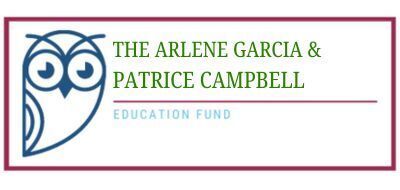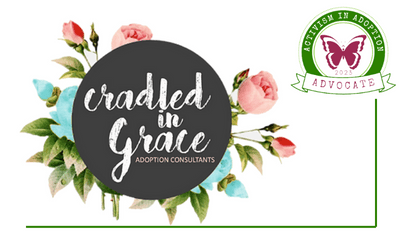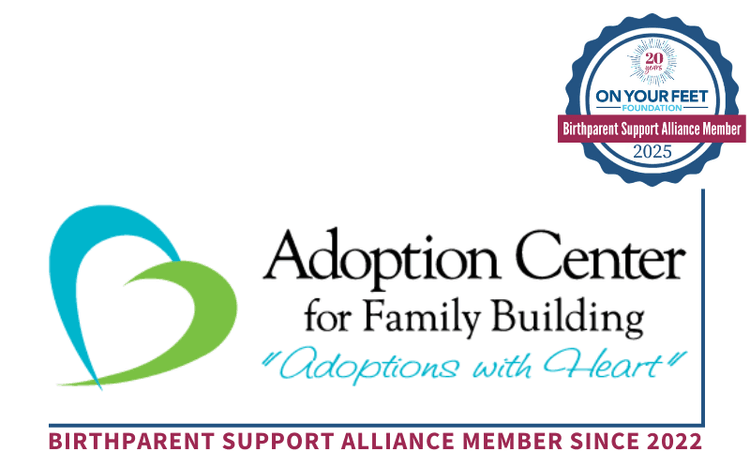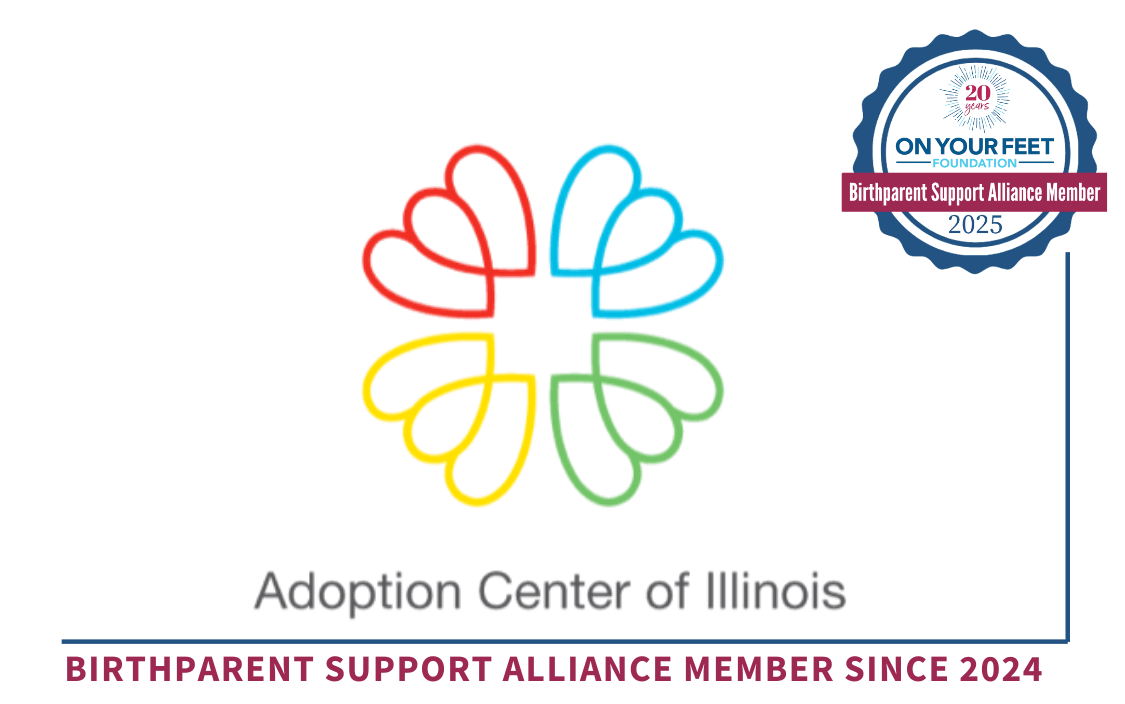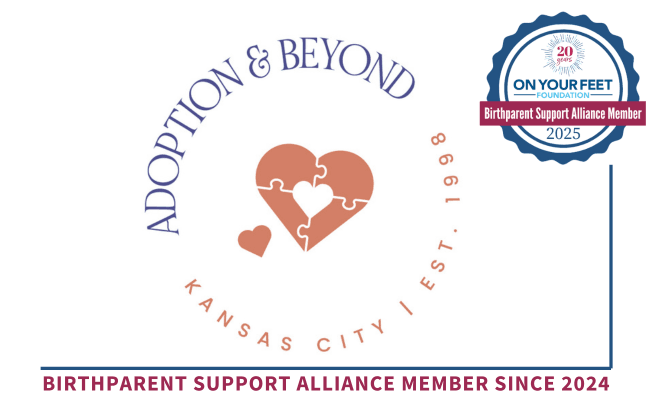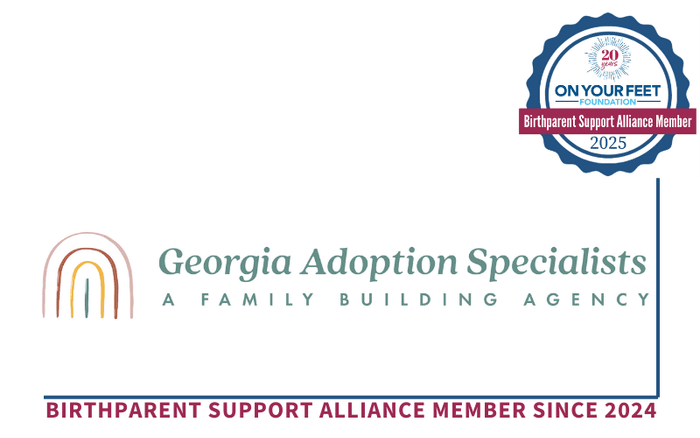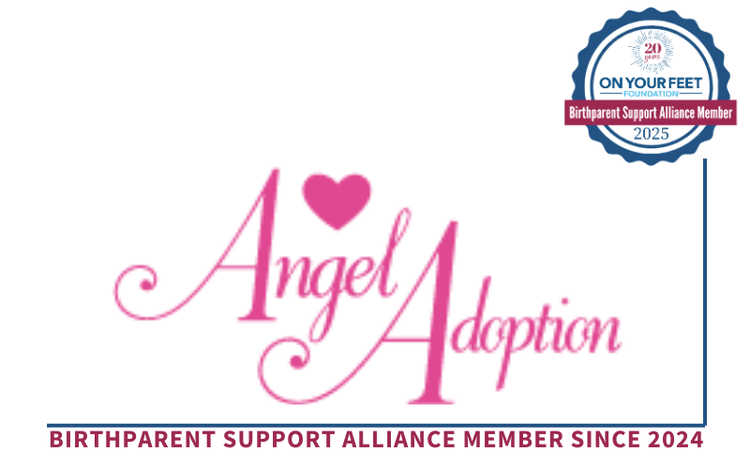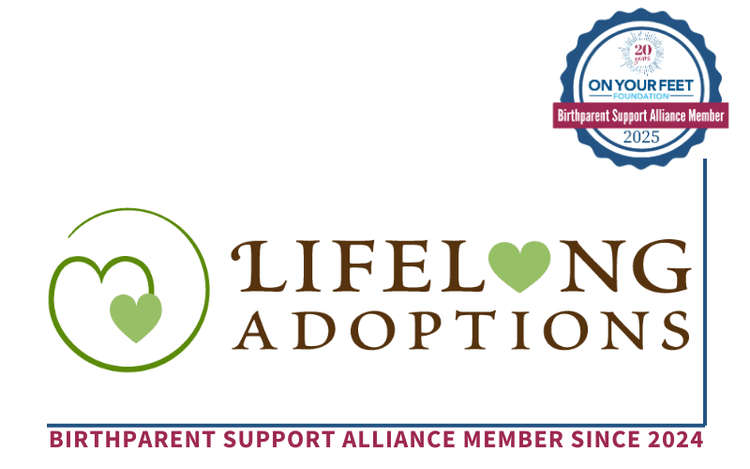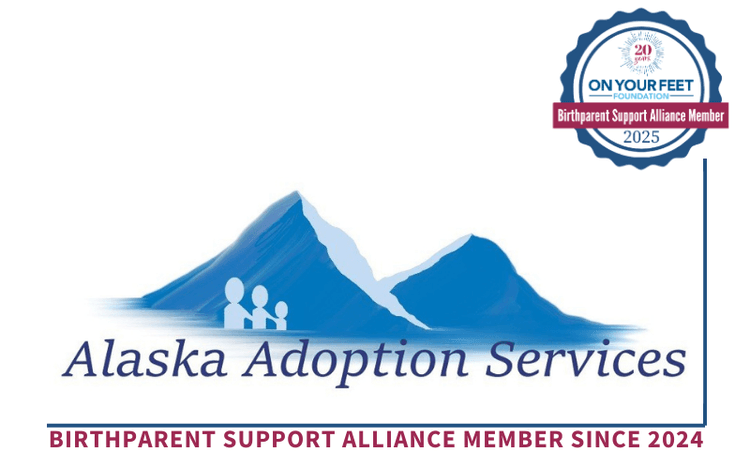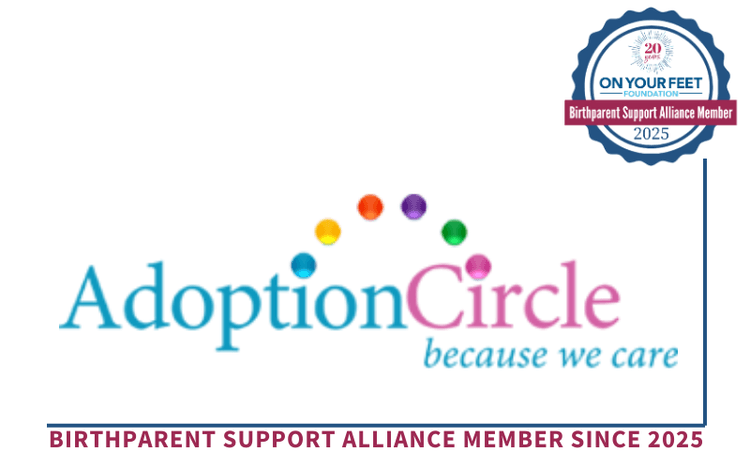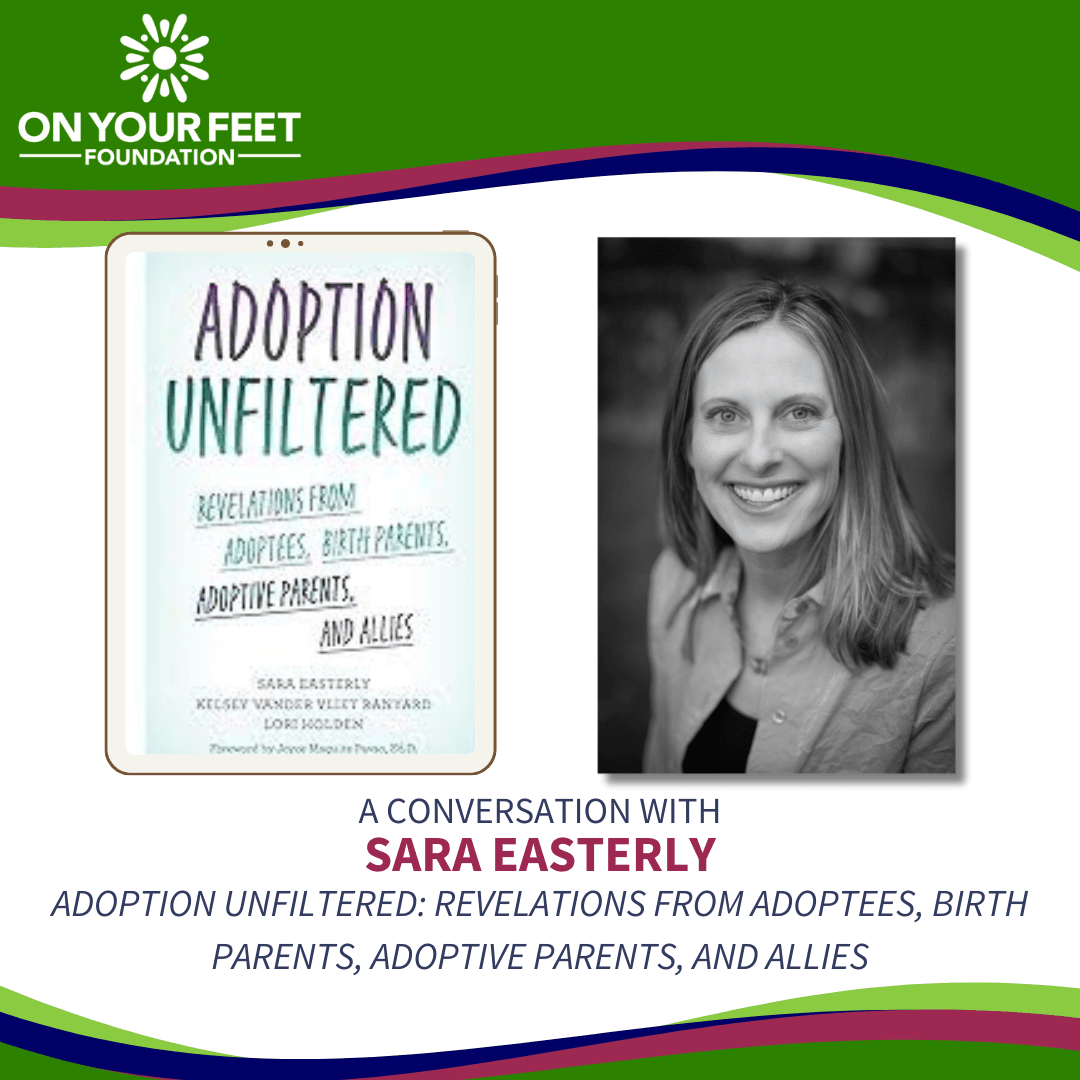
Sara Easterly is the founder of Adoptee Voices, and is an award-winning author of books and essays. Her memoir, Searching for Mom, won a gold medal in the Illumination Book Awards, among several other honors. Her adoption-focused articles, essays, and book reviews have been published by Psychology Today, Dear Adoption, Severance Magazine, Feminine Collective, Godspace, Her View from Home, and Englewood Review of Books, and more.
In her new book, Adoption Unfiltered, Sara, an adoptee, along with Kelsey Vander Vliet Ranyard (birth parent), and Lori Holden (adoptive parent) interviewed dozens of adoptees, birth parents, adoptive parents, social workers, therapists, and other allies—all sharing candidly about the challenges in adoption. While finding common ground in the sometimes-contentious space of adoption may seem like a lofty goal, the authors had optimistic aim: working together with truth and transparency to move toward healing.
We were thrilled to have the opportunity to welcome all three authors, along with an expert panel, to the Chicagoland area last February to do a live Activism in Adoption talk as part of their book tour. A video of that talk will be available on Activism in Adoption in a few weeks, and while we finish editing it, Torie DiMartile had the opportunity to sit down with the authors to do a deep-dive into why this book is such a much-read for every member of the adoption constellation. New this week, her interview with Sara, and in the coming weeks, we will be sharing interviews with her co-authors, Kelsey Vander Vliet Ranyard and Lori Holden.
I wish this book, Adoption Unfiltered, was available decades ago. It could have drastically changed the adoption landscape. It’s so important to focus on narratives of nuance and complexity.
It's not all rainbows and happy happy unicorns, because it is really complex and everyone should know that. Parenting an adoptee is not the same as parenting non-adoptees. I grew up with so much emotional isolation because it was the closed era of adoption. Everything was secretive. So as an adoptee you're by yourself thinking you're crazy. I don't want adoptees growing up thinking they're crazy. Nothing's wrong with them. Their brains are doing exactly what they're meant to do when faced with the trauma of so much separation.
Can you tell me a little bit about your adoption story?
My adoption took place at the tail end of the baby scoop era in 1972. I always was told it was a gray-market adoption, but I didn't know what that meant. I looked just like everyone in my family, or close enough, so everyone would comment, Oh, you and your mom look alike! It was kind of gaslighting that everybody could pretend I wasn't adopted.
So did you know that you were adopted from the time you were a child? Or was there a moment that it was revealed to you?
I remember being told by my mom, and I remember it being really hard to swallow. After that, we talked about it maybe five times in our whole family history.
You eventually found your birth mother. How did she receive being found?
She was very happy. She's not a super-expressive, emotional person. So we're a lot different in that regard. But I feel the love, I feel the caring. Of course, it was an awkward first phone call, but those calls just are awkward, because who is prepared for that phone call? Then she wrote me back later, saying that she'd been waiting and waiting. And I think it did heal her tremendously. It took me a really long time to reach out–I didn’t search until I was about to turn 40–and so she’d been sitting for decades wondering what happened to me, and thinking she would never find me.
Wow. So, what are some of the big-picture takeaways that people will have from reading your portion of the book?
So part of my adoption story is that when I became a parent, I wanted to be the perfect parent. I went into parenting with my adoptee perfectionism turned up high. I signed up for an attachment parenting webinar and almost immediately started learning about child development, attachment, and brain science through the Neufeld Institute. I dove headfirst out of a quest to become the perfect parent … and then realized that I will never be a perfect parent. At the same time, I was going through my mom's death and forgiving her for her imperfect parenting.
All that to say, that lens hugely opened me up to understanding adoption. My brain was practically exploding thinking about my own adoption and the ways I was parenting, with separation-based discipline that did not work for me.
So, what I really wanted to offer is that lens of attachment and separation to understand adoption and all of its inherent separation. Dr. Gordon Neufeld is the author of Hold Onto Your Kids, co-authored with Dr. Gabor Maté . I took his framework of the three primal emotions of unbearable separation and wrote a chapter on each of those: intensified pursuit and defensive detachment, alarm, and frustration.
When interviewing others for the book, we wanted to be adoptee-centered and as diverse as possible in every way: race, age, perspectives on adoption, kinds of adoption, religious experiences or not, and different kinds of religious experiences. I collated all of the interviews and then sat with them to figure out how I would make sense of it all, and it came down to those separation dynamics.
I wanted to tell the story of adoption and all the things that happened for us emotionally so that people understand the losses involved and don't pathologize us. I wanted fellow adoptees to read this book and understand themselves, so they aren't growing up in isolation and feeling like something's wrong with them.
Of course, you can't talk about adoption without getting into classism and racism, as well as religion’s influences on adoption. So I have chapters on these dynamics, too.
You mention religion’s influence on adoption. Can you share a little bit more in depth, your thoughts on that?
I write about how Christians’ tendency to gush about the beautiful story of adoption discounts all of the losses that are inherent in adoption. Adoption cannot happen without loss and so that narrative minimizes loss. It doesn't even matter if you have loving and devoted parents, that loss is still difficult. It's a gaslighting experience and it makes the adoptee feel really lonely, because they have to smile and say it's beautiful.
I think in a lot of church spaces and in our culture, adopted parents are praised for their selflessness. The implication that we pick up on as adoptees is that we're broken, that something's wrong with us. There's also inherent judgment of our first families and culture that they weren’t good enough. Susan Harness, who wrote Bitterroot, A Salish Memoir of Transracial Adoption has a quote in our book about how you're automatically putting that child and where they come from down a rung.
When I heard adoption come up as a child, I had to smile and nod along which wasn’t authentic. When you are a child doing this, at some point you know you're not being true to yourself. I also think the emphasis on premarital sex is hard because for many of us, that's a part of our origin stories. And that can make us feel ashamed. I had complicated feelings about my birth mom who was someone I cared for, but yet, in the eyes of the church, would be considered a bad person, a sinner.
Then there's the comment we're all adopted by God. Again, this is dismissive and it's not the same experience at all. And it's misusing scripture. And of course many congregations have a ministry: Let's rescue the orphans! But they're not talking about the racism and the classism and all the corruption that exists.
And it kind of goes hand in hand, but the number of influencers and Christian authors who have adopted share their kids’ adoption stories over their social media? For adoptees, a lot of times we already kind of come with that feeling that we were used to create a family. And then now we're watching adoptive parents use their children for social media attention. It's definitely a trigger point for me. I feel myself just wanting to cry every time I see it happening. Please stop using your children for your social media likes. I mean, it's enough, it's just really painful.
If you had one demographic that you really felt passionate about reading this book and gaining something meaningful from it, who would that be?
My heart is with adoptees first and foremost. So it would be for adoptees to understand themselves better and to feel less alone and to feel less shame. When I learned about attachment as a parent, I learned I had a lot of grieving to do over things that I didn't understand and things that my parents didn't understand when they were raising me. There was a lot of isolation and I don't want that for others. When you realize that we are responding like humans are meant to respond, it takes away the shame. We may not be able to change the fact that we were adopted, but we can adapt and grieve our losses. That's what grows adaptation and resilience.
Of course, I want adoptive parents, birth parents, and professionals to read the book, too, and to make changes in whatever change looks like for those groups.
To learn more about Sara and her work, visit her website, or find her on Instagram. Adoption Unfiltered is not just a book - it's a podcast, hosted by all three authors! You can watch it here (or listen on Spotify, Apple Podcasts, or the streaming service of your choice. if you haven't read Adoption Unfiltered yet, it is available on Amazon, and at all major booksellers, or can be ordered via your local bookstore. Supporting local independent booksellers is critical, and we are grateful to The BookStall, an institution on Chicago's Northshore, for hosting our live event with Adoption Unfiltered's authors. Visit Activism in Adoption to see our upcoming speakers and reserve your space at their (Zoom-based) talk, or buy a 30-day pass to view all of our videos. Adoption Education credits are available for those who need them.


